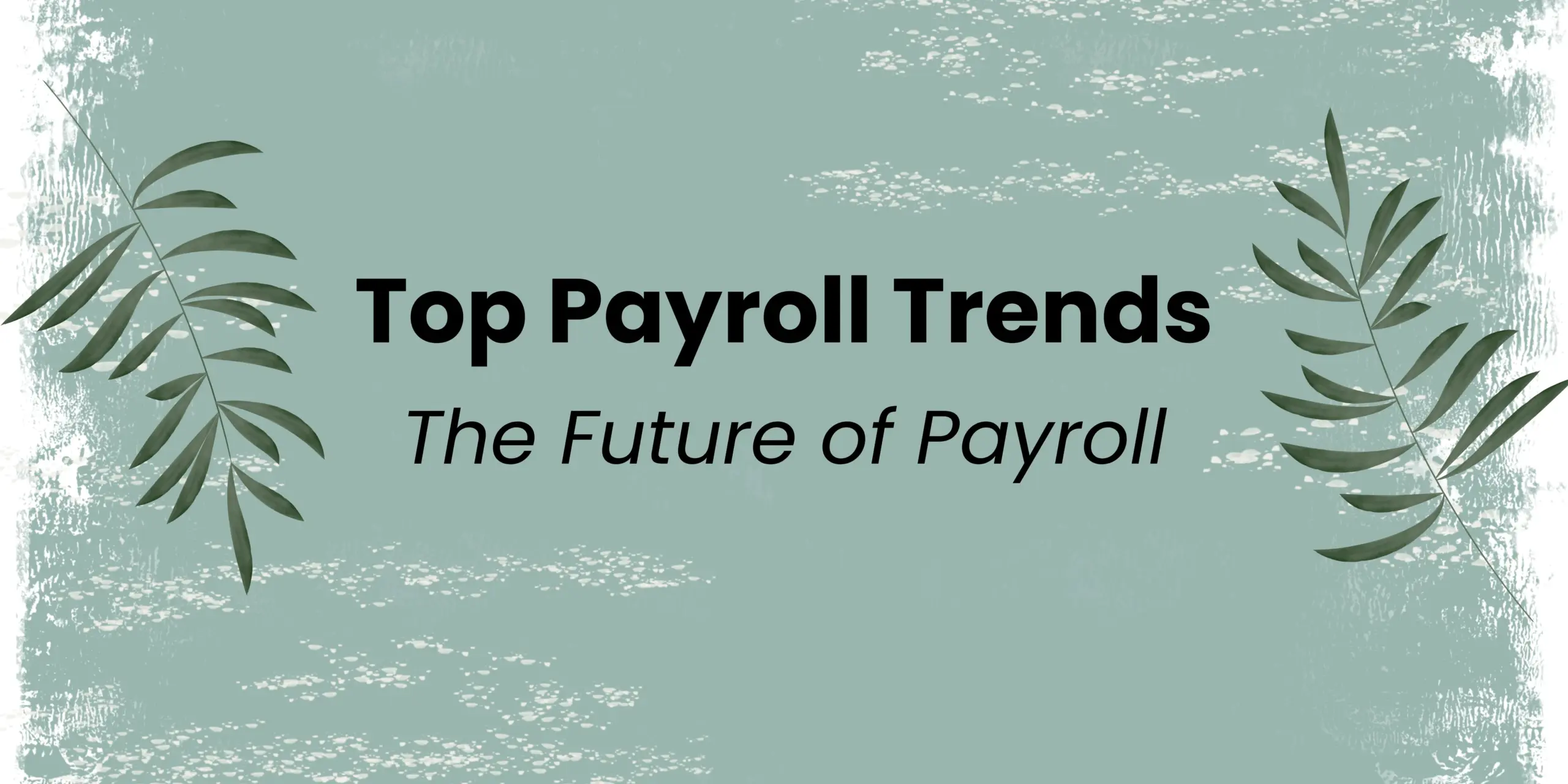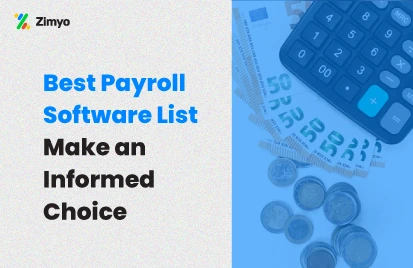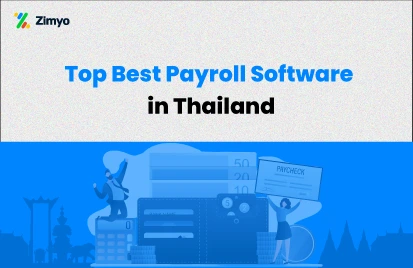What Is Statutory Compliance?
Are you confident your organization is complying with all updated statutory regulations?
As a leader, whether you’re an HR manager or a CEO, you already know that staying legally compliant is crucial. But with so many laws to follow, it’s easy for something to slip through the cracks. That’s why we’ve put together an updated statutory compliance checklist for 2025, customized for organizations in India. We’ll simplify the complexities and guide you through the key laws to focus on this year.
Statutory compliance refers to the legal framework that organizations must adhere to in order to protect both themselves and their employees. Every company, regardless of its size or industry, is subject to a variety of laws. These laws ensure fair treatment of employees, safe working conditions, and proper financial transactions such as salary payments, taxes, and benefits. The consequences of non-compliance? Hefty fines, legal troubles, and damage to your reputation.
So, how do you ensure your company is on track in 2025? Let’s go into further details.
Why Statutory Compliance Matters in 2025
In 2025, legal regulations for businesses in India have become even more crucial. The economy is evolving, and so are employee expectations. To stay ahead, your company must ensure it’s compliant with updated statutory regulations. This not only prevents legal issues but also enhances employee retention and business growth. A compliant company is a trusted company.
The Updated Statutory Compliance Checklist for 2025
Here’s the essential checklist you need to follow this year to stay compliant:
1. The Employees’ Provident Fund (EPF)
The Employees’ Provident Fund Act, 1952 ensures retirement benefits for employees. Every company must contribute to the Provident Fund (PF) for employees earning below ₹15,000 per month. Late payments? Be ready for interest charges.
2. The Employees’ State Insurance Corporation (ESIC)
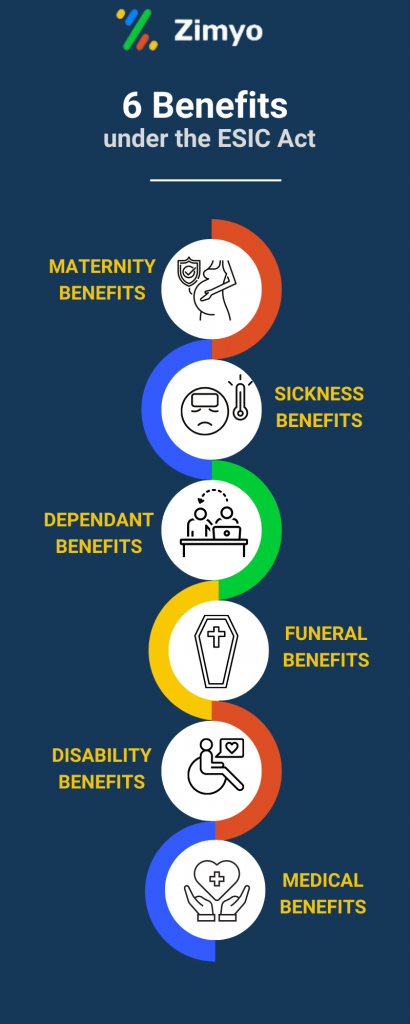
Employees earning below ₹21,000 are entitled to ESIC benefits. These contributions must be deducted monthly from salaries. Not deducting ESIC? You risk penalties.
3. Minimum Wages Act, 1948
Every state in India mandates a minimum wage that must be paid to employees. In 2025, this wage varies depending on the state and industry. Make sure you check the latest rates for your region.
4. Payment of Bonus Act, 1965
Companies with 20 or more employees are required to pay bonuses ranging from 8.33% to 20% of an employee’s salary. This bonus is based on the organization’s profit and the employee’s salary level.
5. Payment of Wages Act, 1936
Wages should be paid on time. Delayed payments could lead to penalties, so be sure your payroll is processed correctly and punctually.
6. The Maternity Benefit Act, 1961
Companies must provide maternity benefits to female employees. This includes paid leave for up to 26 weeks, along with other provisions. Non-compliance? Penalties apply.
The Consequences of Non-Compliance
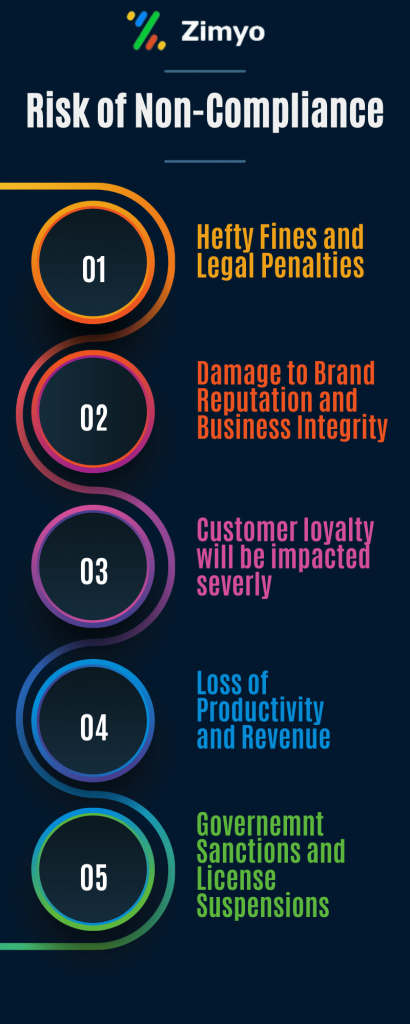
Non-compliance doesn’t just hurt your business. It also damages employee trust and brand reputation. Failing to comply with updated statutory laws can lead to legal penalties, business shutdowns, and even criminal charges. For instance, penalties for PF non-compliance can include fines up to ₹5,000 per employee. Legal action can further disrupt your operations.
How Payroll Software Can Help You Stay Compliant
Staying compliant can be overwhelming. However, using automated payroll software is one of the most effective ways to ensure statutory compliance. Payroll software automatically updates with new laws, calculates deductions accurately, and processes payroll on time. This saves your HR team time and prevents costly mistakes. Plus, it keeps everything documented, which is crucial if you’re ever audited.
Examples:
- Zimyo’s payroll software offers a real-time update on statutory laws and ensures compliance, so your organization doesn’t face legal issues.
- For example, if an employee’s salary is ₹25,000, their provident fund contributions will be automatically deducted without manual calculation.
Key Benefits of Staying Statutory Compliant
Staying compliant doesn’t just protect you from legal troubles. It brings several benefits to your organization, such as:
- Enhanced Employee Retention: Employees are more likely to stay with a company that complies with statutory laws. This fosters a sense of security and fairness.
- Improved Business Operations: Compliance allows your organization to focus on its core activities, leading to improved efficiency and growth.
- Boost in Brand Loyalty: Investors, stakeholders, and even customers trust compliant companies more. Statutory compliance reflects a company’s dedication to ethical practices.
Conclusion
Staying on top of statutory compliance in 2025 should be a top priority for your organization. By following this updated statutory compliance checklist, you ensure that your company is on the right track. Compliance isn’t just about avoiding penalties—it’s about building trust, enhancing employee satisfaction, and boosting business growth.
So, are you ready to make compliance your superpower in 2025? Follow the checklist, implement payroll software, and watch your business soar above the competition.
Need help? Start your compliance journey with Zimyo’s payroll software and take the stress out of managing statutory laws.

